Partnerships & Collaborations
|
The Institute for Advanced Study housed the SIG secretariat from 1999 to 2019. SIG's Founding Chairman, Phillip Griffiths, was IAS Director when SIG was established in 1999.
|
|
|
SIG began working with the African Academy of Sciences (AAS) in 2000, when SIG and AAS co-organized a Nairobi meeting to explore possibilities for a Millennium Science Initiative (MSI) in Africa. Among several subsequent gatherings hosted by AAS was the initial Regional Initiative in Science and Education (RISE) planning workshop in 2007.
The long-evolving partnership between SIG and AAS culminated in April 2017 with the launch of the AAS-based AESA-RISE Postdoctoral Fellowship Programme, a RISE successor initiative.
|
|
 |
SIG entered into a formal partnership with the African Development Bank (AfDB) at the 2nd Ministerial Forum on Science, Technology and Innovation in Africa, held in Rabat, Morocco from October 14-17, 2014. |
 |
TWAS played a key role in organizing workshops where leading African scientists developed the concepts for the African MSI, the Global Science Corps, and RISE. With its extensive network of top scientists, TWAS provided valuable resources and expertise to help SIG achieve its goals. |
|
SIG began working with the World Bank in 1998, when the two organizations joined forces with the international scientific community to design and implement the Millennium Science Initiative (MSI). The partnership grew out of a series of discussions between IAS Director Phillip Griffiths and World Bank President and IAS Board Chair James D. Wolfensohn. SIG's cooperation with the Bank was key to the successful completion of three major lending operations in support of STI capacity building.
|
Donors |
|
.png) |
Carnegie Corporation of New York was a major supporter of SIG's programs from 1998–2017, providing more than $15 million in funding beginning with the 1998 convocation in Chile where the Millennium Science Initiative (MSI) was launched, and ending when the Regional Initiative in Science and Education (RISE) was succeeded by the Africa-based AESA-RISE Fellowship Programme in 2017. Carnegie leadership and program staff were valuable partners throughout SIG's lifespan, working alongside SIG board and staff, and with local stakeholders in Latin America and Africa, to conceptualize, develop, and evaluate SIG's initiatives. |
|
The MSI tapped into the expertise of The Andrew W. Mellon Foundation, where SIG board chair Phillip Griffiths previously served as Senior Advisor. The Mellon Foundation provided two grants in support of the African Mathematics Millennium Science Initiative (AMMSI).
|
|
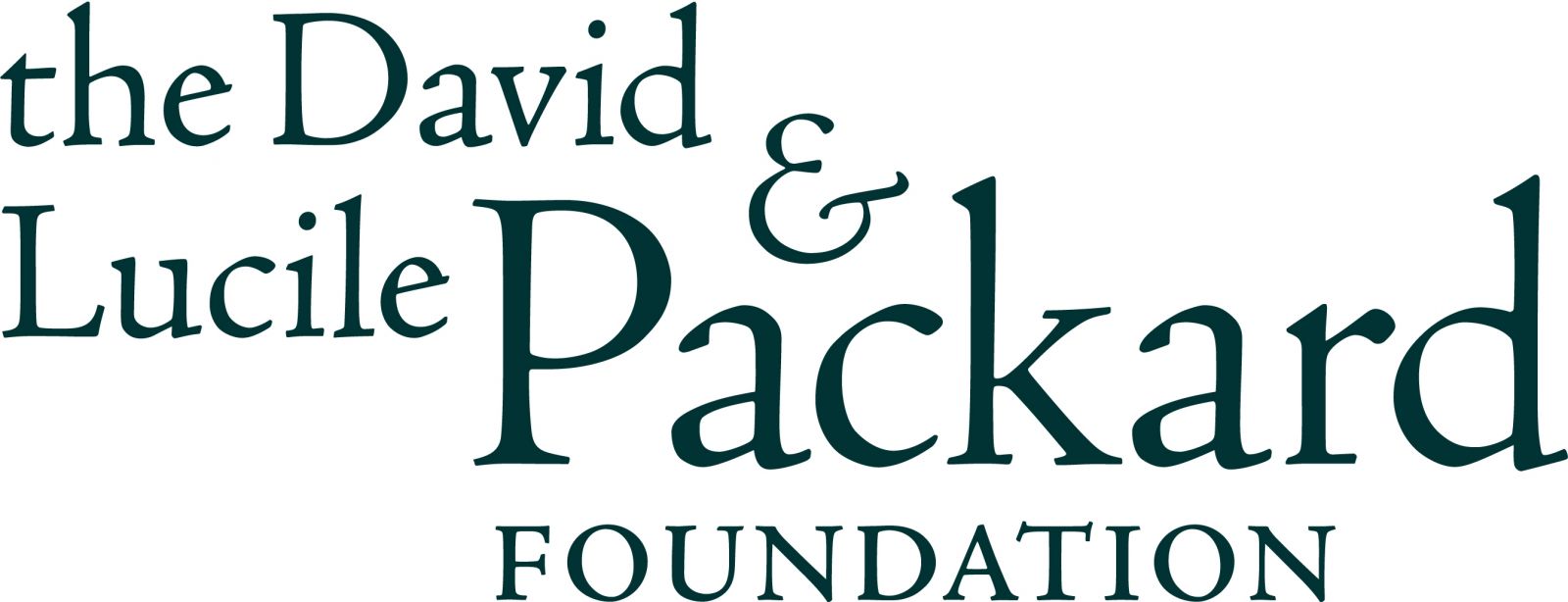 |
Several U.S. foundations were involved not only as funders but also as active partners in the development of SIG's programs. Confidence in the MSI concept led the David and Lucile Packard Foundation to provide an initial grant in 1999 to support SIG's work to plan and administer the MSI. Two subsequent grants ensured that SIG would be able to continue its work as it sought additional funding. SIG's work was made possible by the willingness of Packard leadership to take a chance on what began as an ambitious vision. |
|
Program officers from The Rockefeller Foundation provided guidance on how to refine the MSI design to better meet local needs and maximize the likelihood of its sustainability. Experts at Rockefeller's Health Equity Program worked with SIG in two areas: development of the Global Science Corps concept and support for a workshop in Mexico that sought to break down barriers between the scientific research community and the private sector.
|
|
Related Organizations |
|
.png) |
The African Mathematics Millennium Science Initiative (AMMSI) was established in 2004 with pilot funding from The Andrew W. Mellon Foundation as a mathematics research and training network, with emphases on graduate education and applied mathematics. |
.png) |
A year-long partnership (2012–13) between SIG and the African University of Science and Technology in Abuja, Nigeria focused on joint programs in materials science and fundraising on the African continent. |
 |
The InterAcademy Partnership (IAP) represents the world's National Academies of Sciences. In 2004, a committee of the InterAcademy Council (since subsumed under the IAP umbrella) published Inventing a Better Future: A Strategy for Building Worldwide Capacities in Science and Technology, in which the MSI was included as a case study.
From 2015–19, SIG and IAP collaborated on two major projects: Improving Scientific Input to Global Policymaking: Strategies for Attaining the Sustainable Development Goals and Harnessing Science, Engineering and Medicine to Address Africa’s Challenges – which generated the pilot African Academies Diaspora Fellows Program.
|
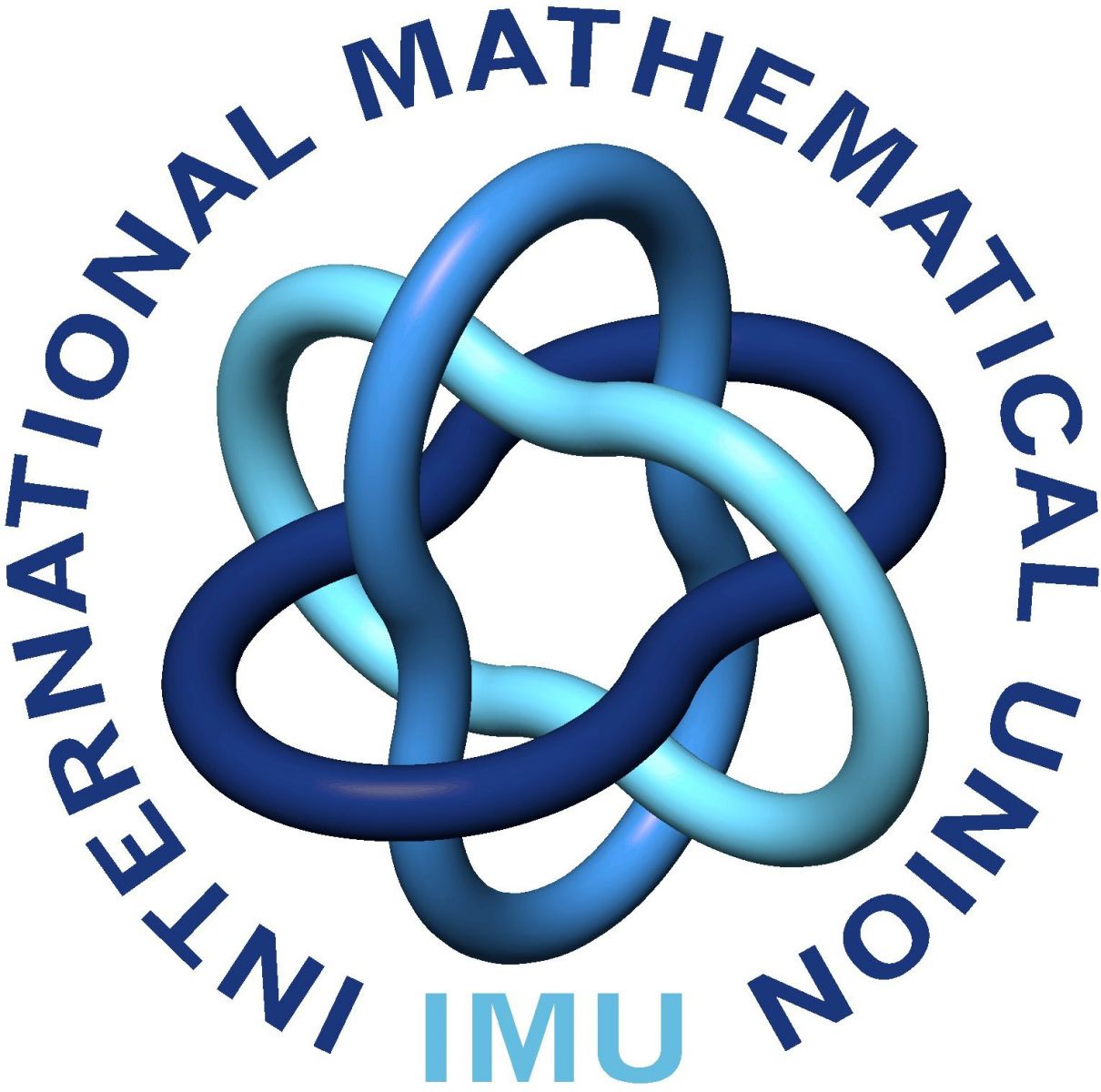 |
The International Mathematical Union (via its Commission for Developing Countries) worked with SIG to build capacity in mathematics in Africa through the African Mathematics Millenium Science Initiative (AMMSI). |
.png) |
From 2014–17, SIG worked in partnership with Planet Earth Institute, an international NGO aimed at furthering African scientific independence. SIG and PEI collaborated on various projects related to the science, technology and innovation agenda in Africa, most notably the annual PEI UnConferences held in London. PEI closed in 2018. |
|
The United Nations Development Programme (UNDP)'s Special Unit for South-South Cooperation worked with SIG to develop a component of the Global Science Corps emphasizing support for émigré scientists and South-South scientific collaboration.
|
|
News Media |
|
 |
AllAfrica joined forces with SIG in April 2011 to launch the Development Reporting Project. Its objective was to increase the visibility of science and science education as an essential component of African development, with an aim to inform, engage and involve scholars, donors, policy makers and a diverse public — across Africa and globally. |
|
SIG worked with the UK-based SciDev.Net, the world’s leading news source on science and technology for global development, on stories about the beginnings of RISE and its scholars' scientific projects. The RISE networks collaborated extensively with SciDev.Net on the series "Africa's PhD Renaissance." SciDev.Net interviewed and filmed several RISE graduates for articles and podcasts.
|
|
RISE Universities and Institutions |
||
|
South Africa
|
||
|
South Africa
|
||
|
South Africa
|
||
|
Tanzania
|
||
|
Mozambique
|
||
|
Nigeria
|
||
|
Uganda
|
||
|
Kenya
|
||
 |
Nelson Mandela African Institution of Science & Technology (NM-AIST) | WIO-RISE |
|
South Africa
|
||
|
South Africa
|
||
|
Tanzania
|
||
|
South Africa
|
||
|
Malawi
|
||
Non-African Universities |
|
|
A number of RISE fellows engaged in research and networking as visiting scholars at Princeton and Duke Universities: at Princeton through the VSRC program, and at Duke through the Africa Initiative.
|
|

.jpg)





.png)
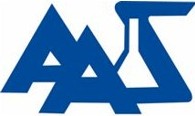

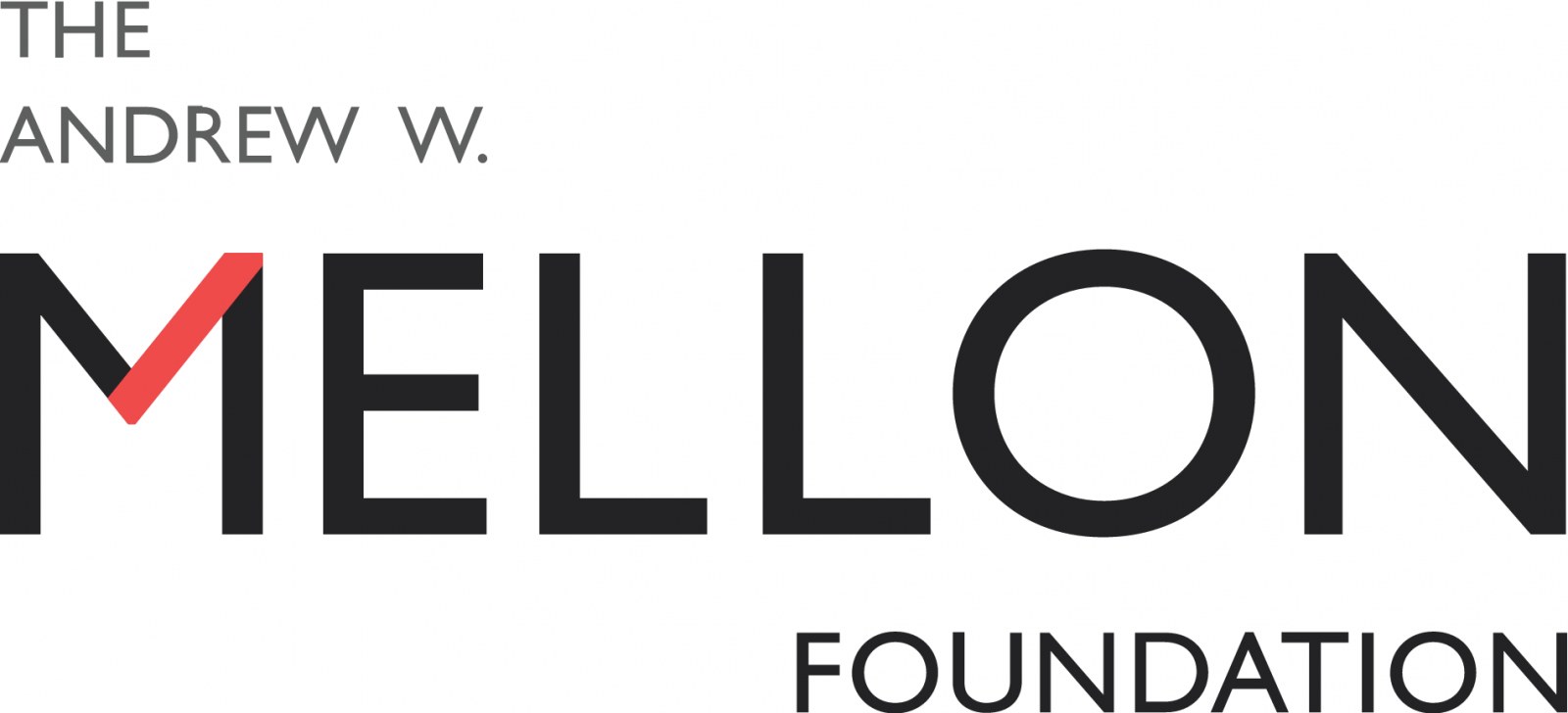
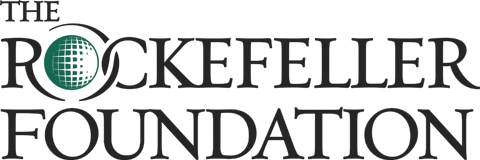


.png)
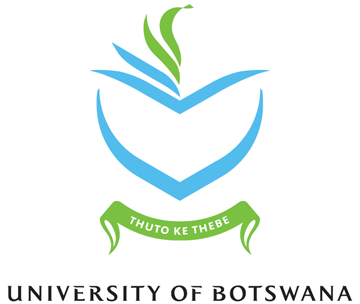

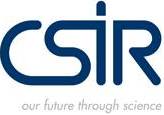

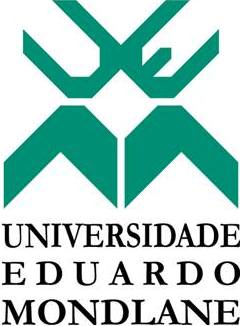

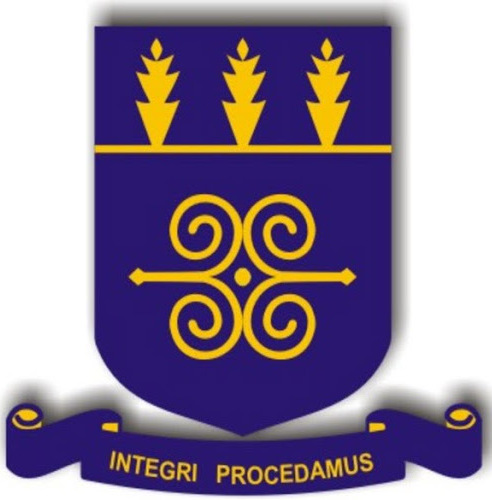
.png)
.png)
.png)
.jpg)
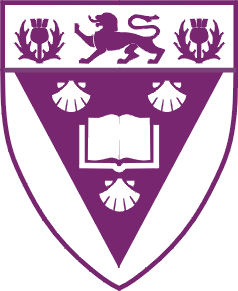
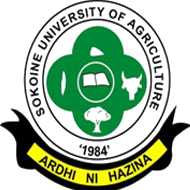
.jpg)
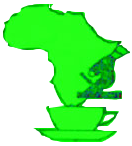

.jpg)

.png_pagespeed_ic_F3J9Nok1Eh.png)
.png)
